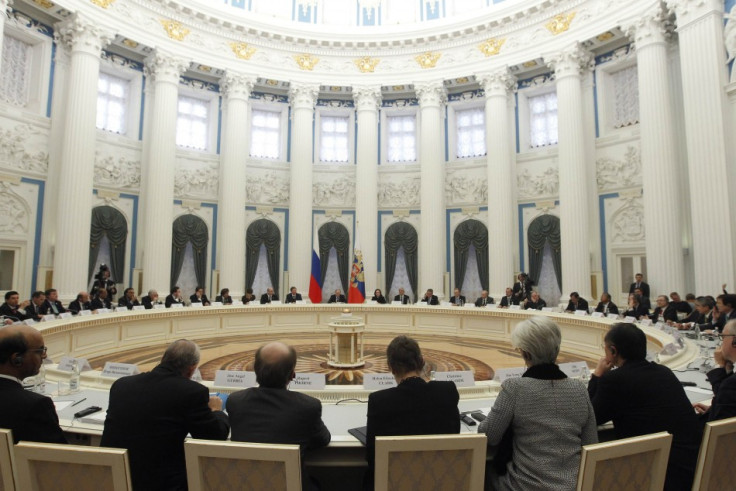UK, Germany and France Call for New Laws on Corporate Tax Avoidance
Multinational firms must 'pay their fair share of tax', countries say

Britain, Germany and France have called on their fellow G20 nations to introduce global tax rules in order to combat corporate tax avoidance that is costing countries millions in lost revenue.
Finance ministers from the three nations have cited research from the Organization for Economic Cooperation and Development (OECD), which elaborated on the scale of corporate tax avoidance and its causes.
The research found that some multinationals use strategies that allow them to pay as little as 5 percent in corporate taxes when smaller businesses are paying up to 30 percent.
"We do want businesses to pay the taxes that we set them in our countries," UK Chancellor of the Exchequer George Osborne told the G20 meeting in Moscow. His German counterpart Wolfgang Schaeuble said that multinational companies, like local businesses," must "pay their fair share of tax."
The OECD report said that the international tax rules have remained almost the same for nearly a century, and as a result "are failing to ensure that global companies pay a fair share".
"As governments and their citizens are struggling to make ends meet, it is critical that all tax payers - private and corporate - pay their fair amount of taxes and trust the international tax system is transparent," said OECD Secretary-General Angel Gurría .
The Paris-based OECD is working on plans to tackle to tax avoidance. If approved by the UK, Germany and France, they will be put to the G20 for adoption in July.
Britain will head an international committee that looks to rewrite transfer-pricing rules, allowing companies to shift profits to lower-tax jurisdictions, according to the OECD suggestions. Germany will spearhead the work targeting erosion of the tax base, while France and the US will evolve ways to determine tax jurisdiction for companies, especially in the e-commerce sector.
Multinational firms, such as Amazon.com, Starbucks and Google have been heavily criticised for tax evasion in the UK. The companies allegedly formed numerous subsidiaries or shell companies in low-tax jurisdictions to channel their profits for regulatory filing, while filing expenses and losses in high-tax countries.
Earlier, the UK government said that it would bar companies from bidding for government contracts, if they are not complying with tax rules.
© Copyright IBTimes 2025. All rights reserved.






















